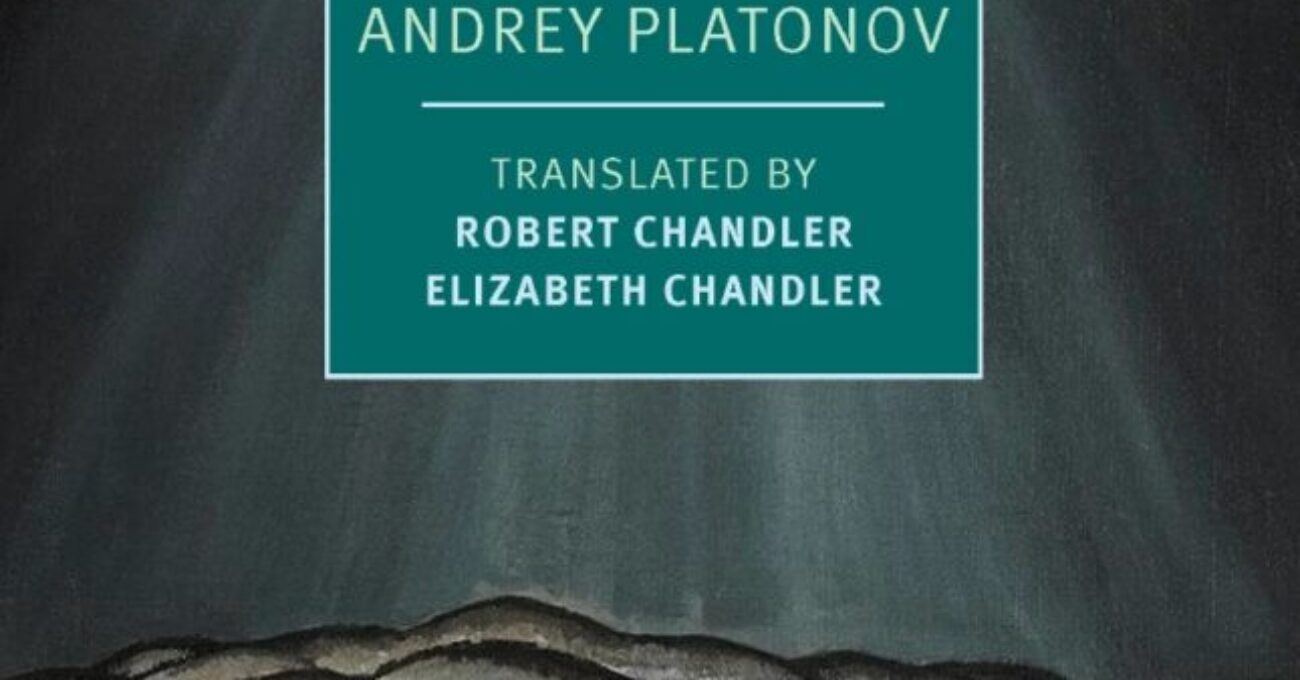‘Chevengur’ and the Silly Soviets
I don’t know why I like Russian literature. Maybe it’s the difficulty? Maybe I like the challenge of their length?
I have no idea how I found out about Andrey Platanov’s Chevengur. I think it was said in passing by a “Booktuber,” but I really can’t find the reference. All I know is that when I heard about it I added it to my wishlist on Bookshop.org.
This is a romp through the steppes of Russia just post-revolution after the Red Army defeated the White Army. It starts with a look at the lives of the most destitute before we go on a Don Quixote-esque journey through Russia and a scathing satire on early-Soviet era communism, or a scathing satire on capitalism, or a scathing satire on peasants. I really couldn’t decide.
The first half of the novel was a lot easier to read than the second half, where we meet Alexander Dvanov as a child and all of his struggles which he overcomes before being given the directive to look for communism among the steppes. As he’s going from town to town, the narrative is brisk. But Platanov still finds room for some commentary. In one town “as for their duties, these had been retitled so as to demonstrate greater respect for labor (p. 155).” Although, to be fair to the communists, it really is something stupid that our capitalist culture continues to do. In one of these towns, Dvanov and his wandering knight of communism friend Stepan Kopionkin tells the commune to complicate things. “’When everything is confined, complicated, and incomprehensible,’ he went on, ‘then there will be work aplenty for the honest mind, while miscellaneous elements will be unable to squeeze through the narrow bottlenecks of complexity.’ (p. 157.)” Complication for complication’s sake. How fucking stupid. Perhaps this is why the novel was banned in the Soviet Union until the late 1980s.
Once we get to Chevengur, that’s when the narrative grinds to a halt. Characters get reintroduced, such as Alexander’s half-brother Prokofiy. We stay in the city where they violently expelled and eradicated the bourgeoise, where they moved buildings to be closer to one another, where they gave up work and allowed the sun to do all the work for them, where any work that was done had no practical purpose. It’s all just really odd.
So in the final pages when the Cossacks come, annihilate the city leaving Alexander as one of the few survivors to travel back to the lake his father killed himself in to reunite with his father. In a snap, this whole seeming absurd utopia was destroyed.
This was probably the most difficult of the Russians I’ve read so far, but it was interesting to read about the early Soviet era from the late 1910s to early 1920s. Not as many hardons as with Tim and Pete, but still intriguing nonetheless.
Discover more from JimmyBramlett Dot Com
Subscribe to get the latest posts sent to your email.

